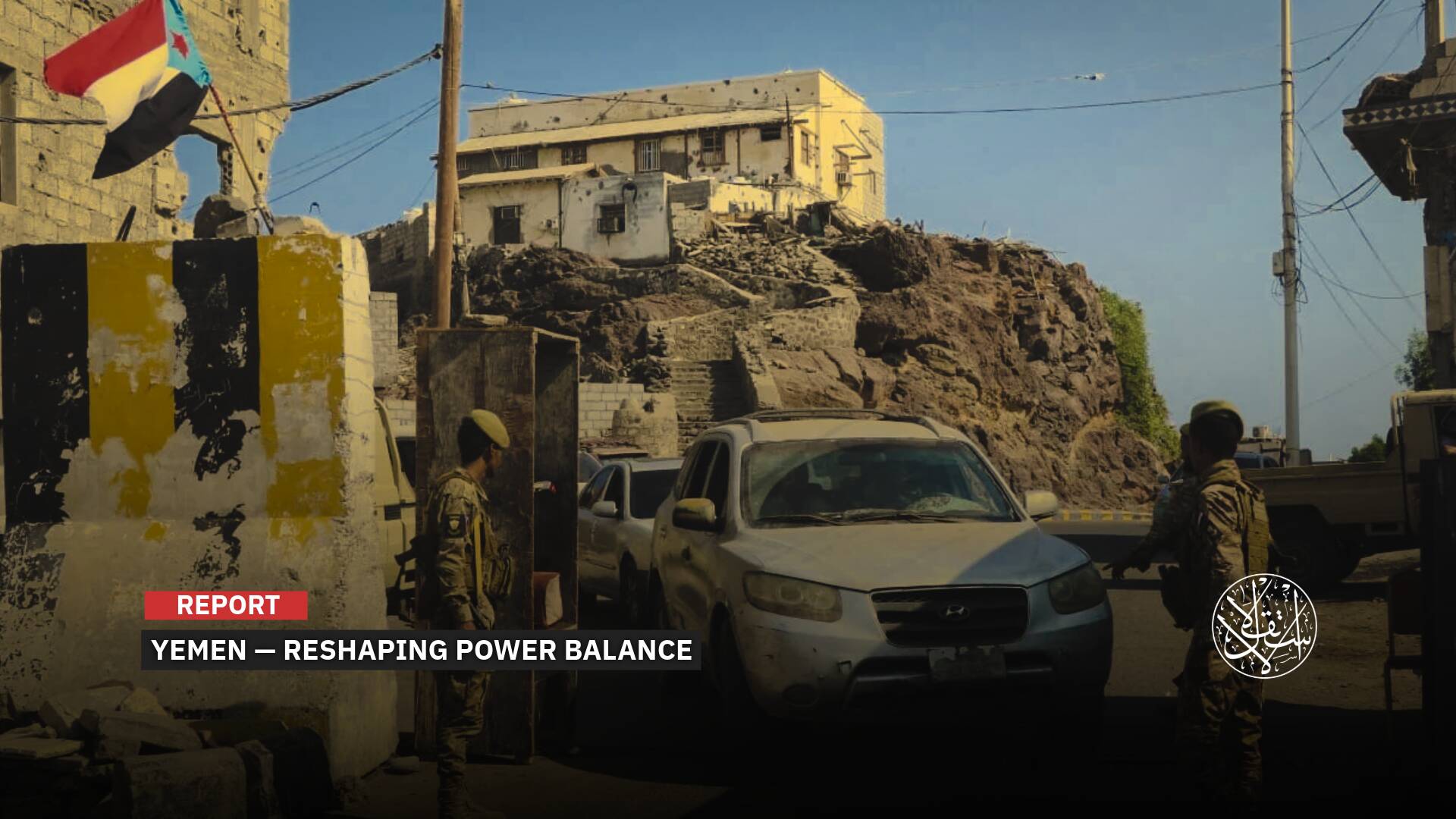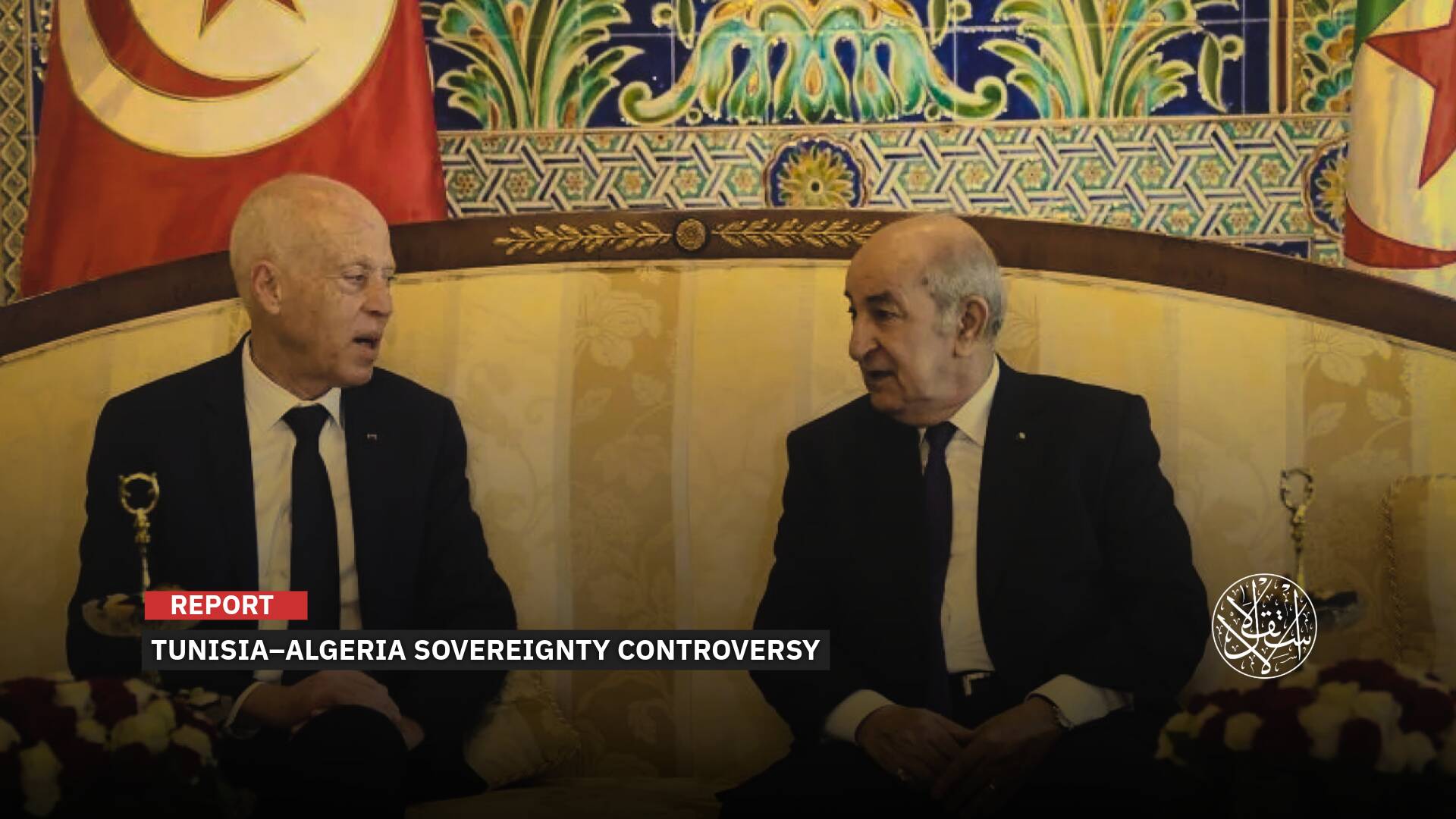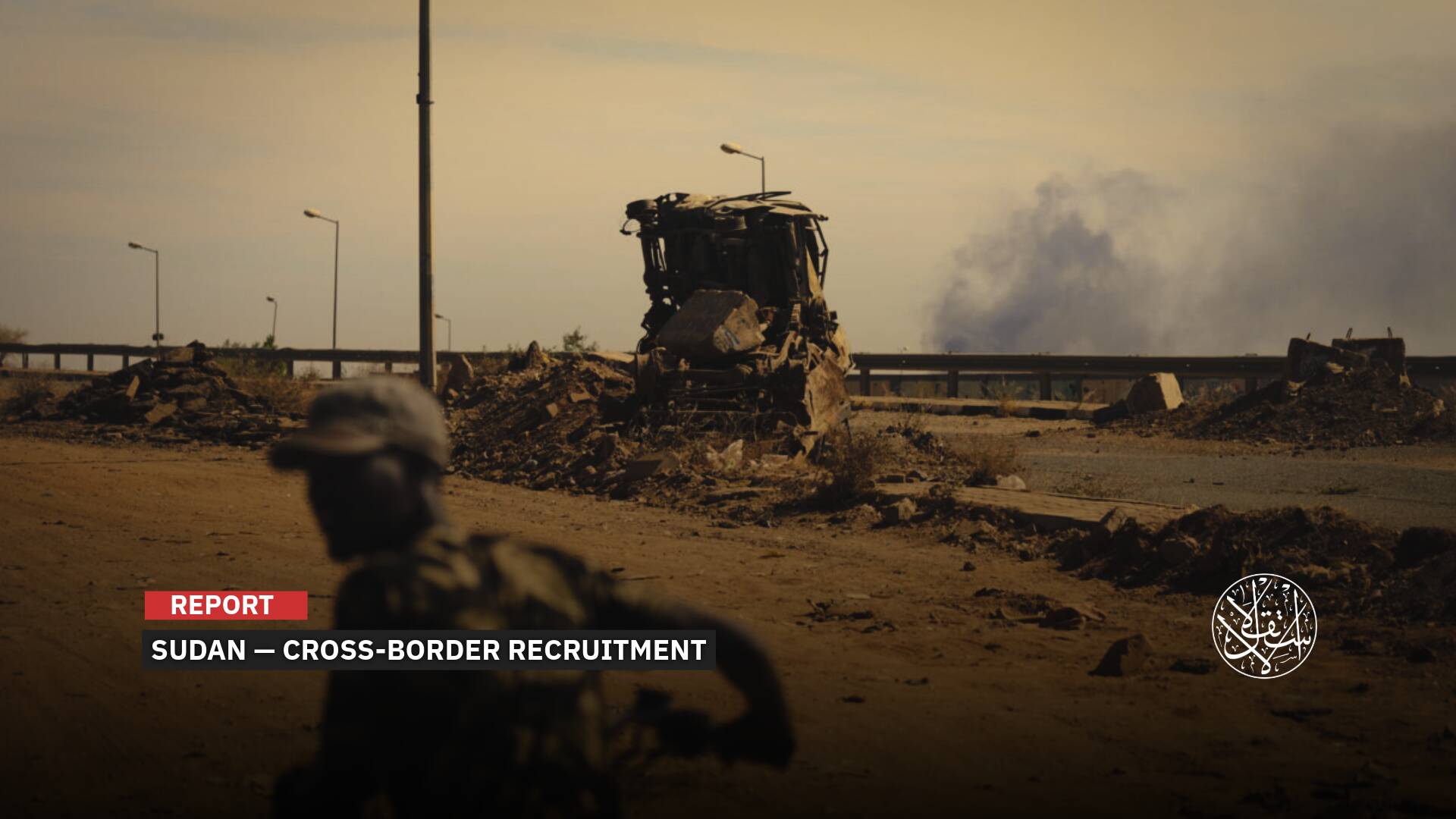What Are the Repercussions of the Knesset’s Refusal to Establish an Independent Palestinian State?

“Last February, the Knesset passed a resolution rejecting the unilateral establishment of a Palestinian state.”
Israel’s Knesset rejected the establishment of an independent Palestinian state, and called for preparations for diplomatic challenges, hours before the International Court of Justice (ICJ) issued an advisory opinion requested by the United Nations General Assembly regarding the repercussions of the Israeli occupation of the Palestinian territories, its annexation practices in the West Bank and East Jerusalem, and the illegality of its apartheid.
The Knesset’s decision comes at a time when “Israel,” with American support, has been waging a war on Gaza since October 7, which has left more than 128,000 Palestinians martyred and wounded, most of them children and women, amid massive destruction and deadly famine.
In conjunction with its war on Gaza, army forces and Israeli settlers escalated their attacks in the occupied West Bank, including the city of East Jerusalem, which led to the death of 576 Palestinians, the injury of about 5,350, and the arrest of about 9,700, according to official Palestinian authorities.
It is noteworthy that such decisions are always met with increased rates of Israeli settler violence towards Palestinians and their property.
“Israel” insists on rejecting the leadership of a Palestinian state and considers it a threat to its national security, while the Palestinians demand their right to establish a state with East Jerusalem as its capital.
Extreme Approach
The decision taken by the Israeli Knesset on July 18 to reject the establishment of a Palestinian state increased the complications related to the truce in the Gaza war and other issues related to the arrangements for the next day, what was stipulated in the Arab initiative, and the current efforts to advance the two-state solution.
The Knesset voted by a majority of 68 out of 120 MPs, in favor of a resolution opposing the establishment of a Palestinian state west of the Jordan River.
The resolution stated that the Knesset strongly opposes the establishment of a Palestinian state west of Jordan.
It considered the "establishment of a Palestinian state in the heart of the"Land of Israel" as an existential danger to the State of Israel and its citizens, perpetuate the Israeli-Palestinian conflict and destabilize the region."
The resolution claimed that pushing the idea of a Palestinian state would be a reward for terrorism and would only encourage Hamas and its supporters to see this as a victory, thanks to the massacre of October 7, 2023, and a prelude to the takeover of jihadist Islam in the Middle East.
The move was supported by MPs of the National Unity Party, led by former Army Minister Benny Gantz, in addition to the parties affiliated with the ruling right-wing coalition led by Benjamin Netanyahu.
However, the vote revealed divisions within the opposition, as Knesset members from the There is a Future party led by Yair Lapid and the left-wing parties were absent, to avoid supporting the resolution, which was opposed by only 9 MPs.
Commenting on the Knesset’s approval of the resolution, the leader of the right-wing New Hope party, Gideon Sa’ar, stressed that international pressures aimed at imposing a Palestinian state on Israel will not work.
Foreign Minister Israel Katz considered that "the decision was a strong message to the world about our right to the Land of Israel and the refusal to establish a state that would endanger our security and be a reward for Iran and Hamas."
The Knesset’s resolution did not clarify the alternative proposed by the Israeli government to the establishment of a Palestinian state, at a time when many countries around the world support the two-state solution as a necessary step to end the so-called Palestinian-Israeli conflict.
It is noteworthy that no talks on Palestinian statehood talks have been held since 2014, when “Israel” refused to accept a state encompassing all of the Palestinian territory illegally occupied by “Israel”.

A Palestinian State
Arab and international countries condemned the Israeli Knesset’s approval of a resolution that rejects the establishment of a Palestinian state, while the Palestinian Authority pointed out that such decisions confirm Israel’s insistence on pushing the entire region into the abyss.
In response to the Israeli action, Palestinian presidential spokesman Nabil Abu Rudeineh said that there is no peace or security for anyone without the establishment of an independent Palestinian state on the 1967 borders.
He held the United States responsible for its bias and unlimited support for “Israel,” considering that the current Israeli government is not concerned with peace.
The Qatari Foreign Ministry stressed the necessity of taking steps to achieve a two-state solution that guarantees the establishment of an independent, sovereign Palestinian state on the 1967 borders, with East Jerusalem as its capital, while emphasizing that the Gaza Strip is an integral part of the Palestinian land.
The Saudi Foreign Ministry also condemned in the strongest terms the Knesset’s approval of the resolution rejecting the establishment of a Palestinian state, stressing in a statement that this expresses the aggressive approach of the Israeli occupation authorities.
In a related context, United Nations Secretary-General Antonio Guterres expressed his disappointment regarding the Israeli Knesset’s vote to reject the establishment of a Palestinian state.
Guterres said that Israel’s policies in the occupied West Bank were dooming any prospect of a two-state solution.
“Our position is a two-state solution,” US Ambassador to the UN Linda Thomas-Greenfield told reporters in New York when asked about the Knesset's decision.
Germany and Belgium also pointed out that the resolution contradicts several UN Security Council resolutions.
The Turkish Foreign Ministry said that the Israeli Knesset’s approval of a resolution rejecting the establishment of a Palestinian state is an indication of Tel Aviv’s disregard for international law and agreements.
On its part, the left-wing Peace Now movement in Israel said in a post on X: “Either a political solution or perpetual war and destruction. Either democracy or occupation. Either two states or one apartheid state.”
In a somewhat similar decision, last February, the Israeli Knesset rejected unilateral international recognition of the Palestinian state, as the decision was supported by 99 out of a total of 120 MPs in the Knesset.
However, in recent weeks, several European countries, including Norway, Ireland, Spain, Slovenia and Armenia, have recognized the Palestinian state.
Earlier this week, Japan announced that it would conduct a comprehensive evaluation of the recognition of the State of Palestine, considering the progress of the peace process in the Middle East.
Japanese Foreign Minister Yoko Kamikawa affirmed her country's support for the two-state solution in the region, noting that her country supports Palestine's efforts to establish an independent state.
It is noteworthy that as of July 2024, the State of Palestine is recognized as a sovereign state by 147 of the 193 member states of the United Nations.
Last May, the United Nations General Assembly adopted - with a majority of 143 votes in favor, 9 against and 25 abstentions - a resolution supporting Palestine’s application for full membership in the United Nations.
The Israeli government then rejected the resolution, and Netanyahu said: “We will not allow them to establish a terrorist state through which they can attack us further. No one will prevent us from exercising our right to defend ourselves, neither the United Nations General Assembly nor any other body.”
Last April, the United States used its veto in the Security Council against a draft resolution presented by the Algerian representative recommending that the General Assembly accept Palestine as a UN member. 12 members supported the resolution, while Switzerland and Britain abstained from voting.

Israeli Refusal
Even before the events of October 7, the majority of Israeli officials, led by Netanyahu and ministers in his government, had clearly declared their rejection of the idea of establishing a Palestinian state.
Ministers belonging to the far-right also call for the necessity of annexing the occupied West Bank and promoting settlement activities there.
The recent vote in the Knesset reflects an already existing trend in the Israeli street, revealed by multiple polls, the most recent of which was a poll published by Maariv newspaper in late May.
It indicated that 64% of Israelis oppose the establishment of any Palestinian state in exchange for normalization with Saudi Arabia.
The Knesset’s vote on the resolution at this time appeared to be a clear message confirming Israel’s rejection of the idea of establishing a Palestinian state in the future, or any negotiations that might lead to that.
The vote also came before the summer recess of the Israeli Parliament, which will not hold any further votes until the end of the 95-day recess.
Global solidarity with the Palestinians following the Israeli war on Gaza, which has been ongoing since October 7, 2023, has prompted many countries to reconsider their policies towards the Palestinian cause, in light of Israel’s unprecedented isolation.
South Africa filed a case against Tel Aviv in the ICJ on charges of committing genocide in Gaza, while Colombia and other countries announced severing or reducing their relations with the Israeli occupation.

In turn, political analyst Ismail Maslamani stated in a statement to Al-Estiklal that “the recent Knesset decision confirms that there is no political solution on the horizon.”
He pointed out that current Israeli policy refuses to link what is happening in the occupied West Bank to the Gaza war, indicating that any truce and any arrangements in Gaza will not include the West Bank.
He also expressed his expectations that the next stage in the West Bank will witness an escalation in the rate of violence and settler attacks there against Palestinians and their property.
Mr. Maslamani concluded that “most of the Israeli actions over the past months indicate a new approach towards ending the Palestinian cause through oppression and displacement.”









